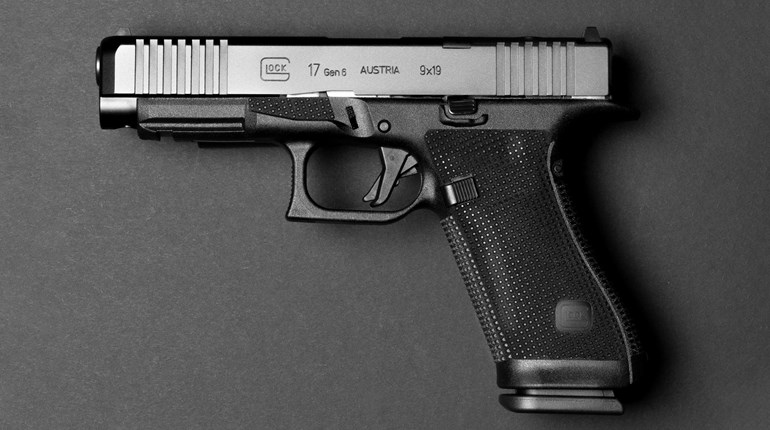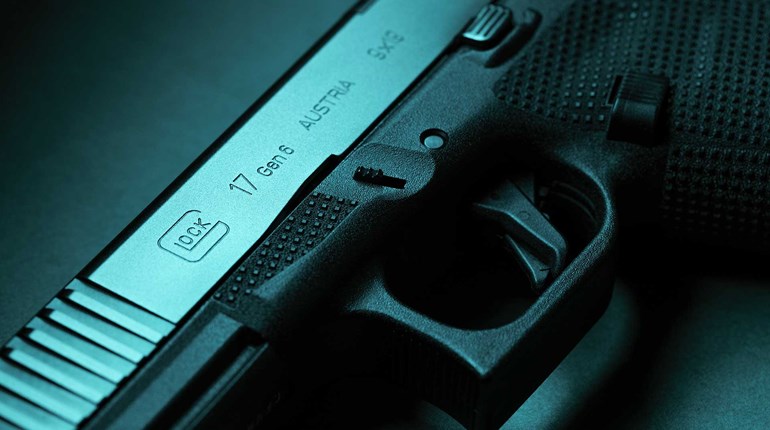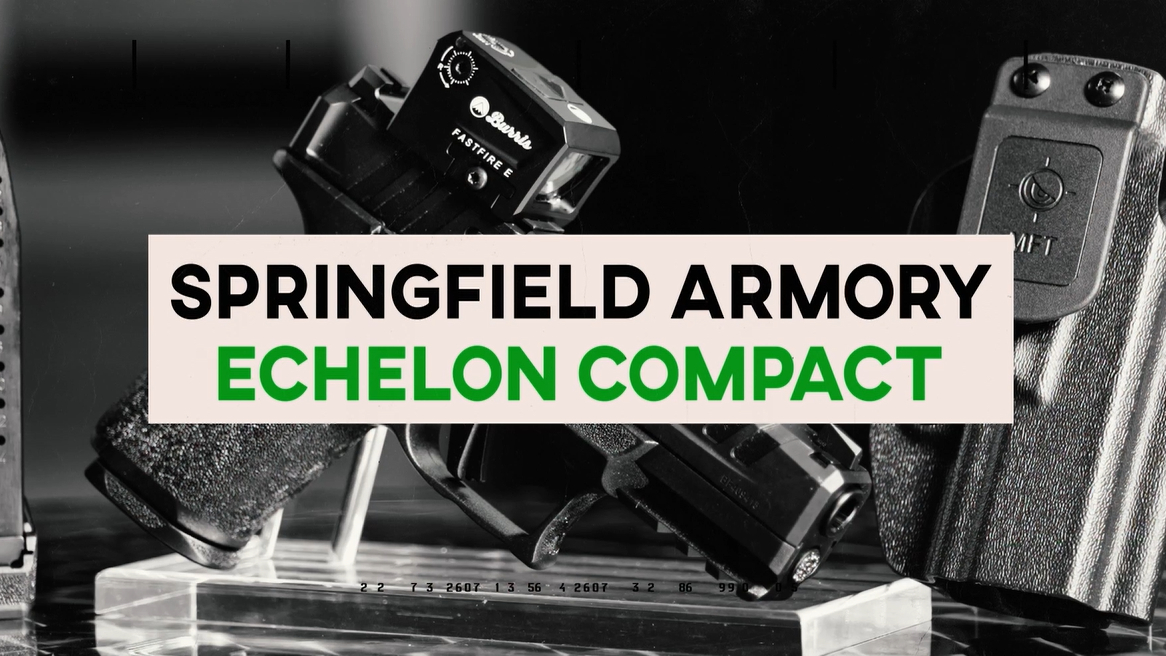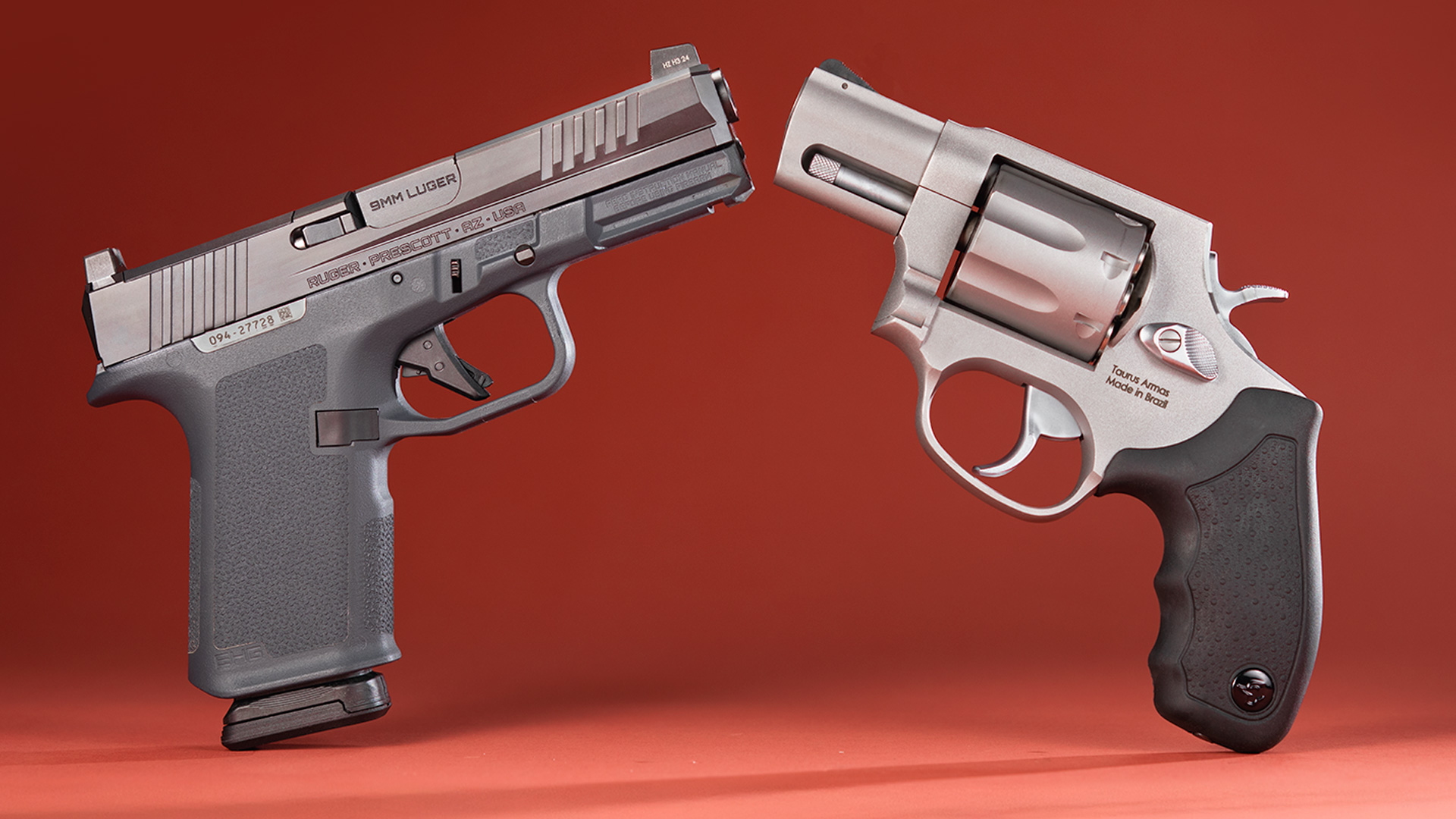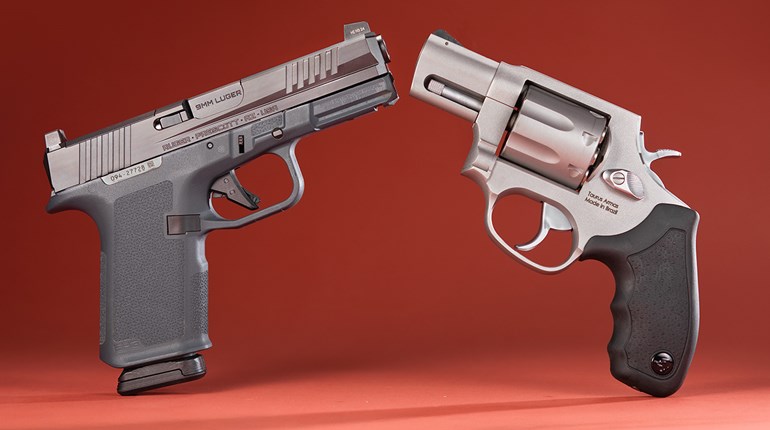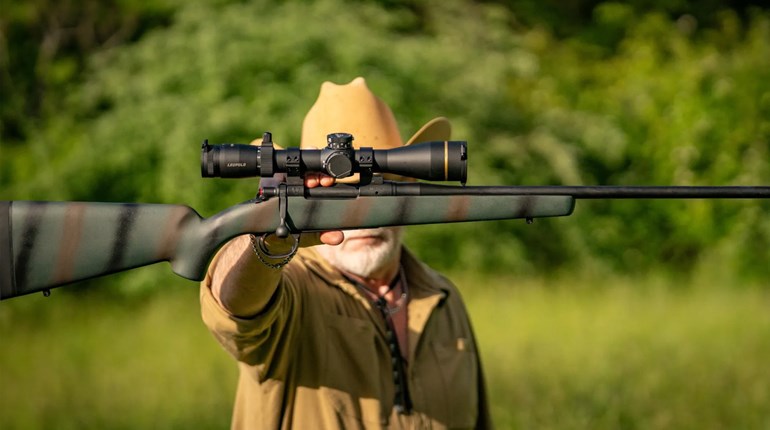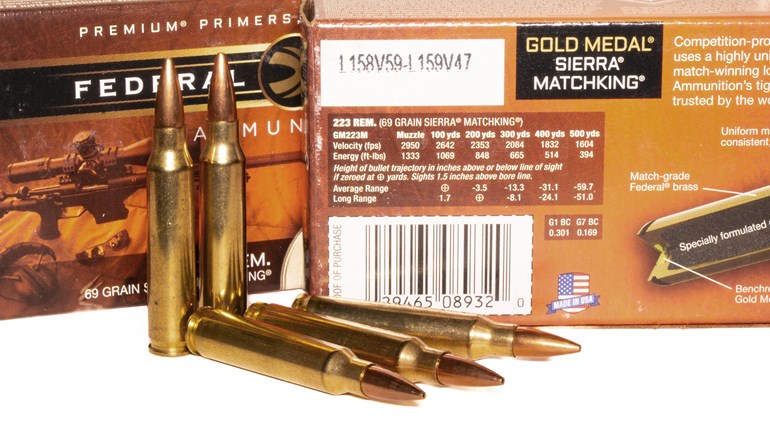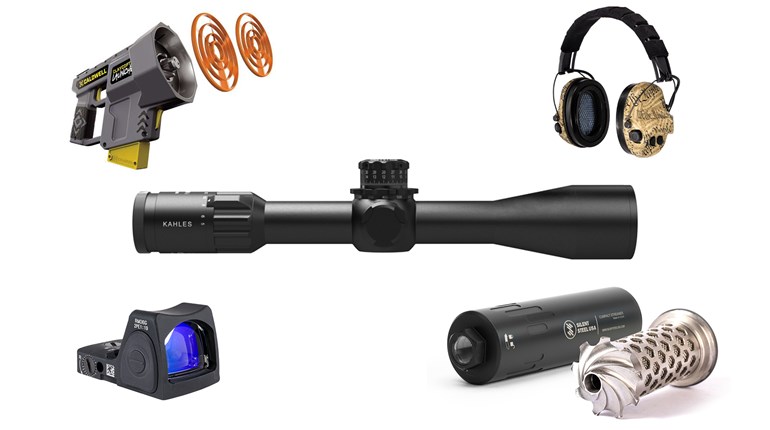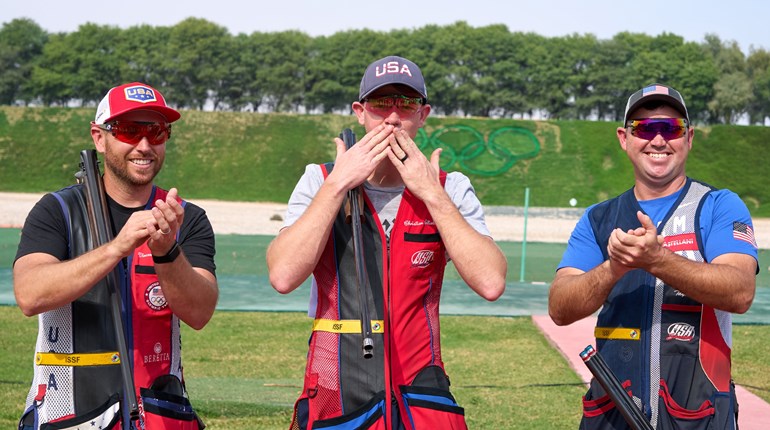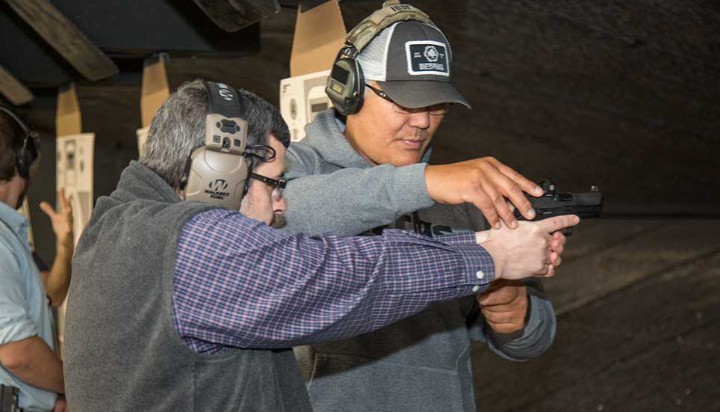
The two brands of pencils I know off the top of my head are Ticonderoga and Dixon. I also know that fountain pen nibs are polished with crushed walnut shells. Word processing programs? I know the basics for producing a clean, professional-looking manuscript, but the more esoteric functions? Forget it.
Why do I bring this up? Well, these are some of the tools associated with being a writer. I’m competent with them. I have a working knowledge of them and can put them to practical use. Beyond that, I couldn’t care less. But I rarely encounter folks who assume I’m an expert on such things just because using these tools is a part of my job. I notice, though, that’s not the case with firearms, especially as perceived by new or perspective gun owners.
On the contrary, I often hear new shooters say that they will be taught by a “brother-in-law who’s a cop” or an “niece who was in the military” or some other person with a vague connection to firearms. This is a bad mistake. I don’t know if it’s due to the person being cheap or lazy or ignorant, and I don’t rule out it being a combination of all those. If I had to guess, though, I’d probably attribute it to ignorance. If you don’t know, you don’t know. It’s not unreasonable to assume you could learn adequately about gun ownership and use from a cop or a Soldier (Soldier used here in the broadest sense to mean any U.S. military warfighter), but the truth is counter-intuitive.
Not Everyone is a “Gun Guy”
Just as I’m not a “pen guy,” (and, yes, there is such a thing), cops aren’t necessarily gun people. Sure, they carry one on duty and have to qualify with it regularly, but that doesn’t mean they have any particular enthusiasm for or insight into firearms (though some do). Cops also use computers, flashlights, radios, cameras, etc. While any officer may choose to develop an expertise with any piece of gear or expand any skill set, several cops I’ve known are largely indifferent to guns.
[Editor's note: My father is a 20-year veteran of the Massachusetts State Police. Every year he qualified expert - with either hand - and continues to pass his LEOSA quals with no trouble. He also doesn't know how to field-strip the Smith & Wesson Model 39 he bought more than 30 years ago...]
The same holds true for military personnel. They learn the basics of small arms early in their military career, but unless their military occupational specialty is “rifleman” or similar, they spend the vast majority of their time developing the skills particular to their job, be it clerk, cook, radio operator, mechanic, etc. Marines, of course, can always shoot, regardless of their MOS, but (as I’ll get to) even that doesn’t assure they make good instructors for a civilian.
Different People
In addition to law enforcement and military personnel not necessarily being all that knowledgeable about small arms, they both may be very different people from the student. The cop is going to possess a modicum of physical skill, usually be in decent shape and have a motivation to “protect and to serve.” A Soldier—and even more so special operations forces personnel—is going to be young, fit, highly motivated and aggressive. The new gun owners I’ve most frequently encountered who rely on “acquaintance training” are young women without other tactical training. What works for a cop or a Navy SEAL isn’t necessarily going to work for them. I’m not picking on women, though. A 20-something Special Mission Unit operator is going to have physical prowess and powers of concentration absent in a near-sighted, 50-year-old male shopkeeper with high blood pressure who’s 30 pounds overweight, but whose store has been robbed one time too many.
Different Missions
In addition to differences in personality and physical attributes, there is the difference in mission objective between the cop, the Soldier and the civilian. The police officer’s duty is to conduct investigations and enforce the law. Though, technically they may not have a duty to intercede, in practice they almost always do, keeping the peace, diffusing dangerous situations and arresting serious criminals even when that requires those criminals first be physically subdued.
Combat soldiers have an even more demanding mission: locate and engage the enemy, and kill, drive or take as prisoners as many as possible.
Both are in complete contrast to the “duty” of the armed citizen. While he or she may defend his or herself or intercede on behalf of the innocent if a crime is being committed in their presence, they can’t go out seeking “evil doers” to vanquish. They’re not Batman. Their job is avoidance and survival. Sure, a person behaving lawfully may, where legally appropriate, use lethal force in self-defense, but avoiding trouble is often the right thing to do. “Escape if you can, engage if you must” is usually the best policy. Remember, both the cop and the Soldier are agents of the government, acting at the behest of the government. Not so, the armed citizen. He or she’s not a door-kicker going from room to room looking for the Taliban. They’re more likely a homeowner barricaded into his or her bedroom with a Glock G19 or a Remington 870, dialing for the police and hoping the deadbolt withstands the shoulder of the junkie trying to break in.
The cop and the Soldier will also have a raft of legal protections when it’s all over. The armed citizen, though, will have to defend every decision they made and action they performed or deal with the liability.
Additionally, a lot of what you need to know about gun ownership as a civilian is vital, yet mundane. A Green Beret might know how to disarm a guerilla fighter, but can he offer sound advice on safe storage systems for households with children? A uniformed cop may know what rounds a Threat Level IIIA vest will stop, but not be able to offer suggestions for gun/clothing combinations to a woman working in an office environment.
Expertise vs. Pedagogy
But let’s say the newbie lucks out and the brother-in-law/niece/whatever is a gun person and knows everything there is to know about handguns, shotguns, rifles and ammunition. Wouldn’t learning from that source be all right? Maybe, but maybe not.
Having a wealth of knowledge about a subject isn’t enough. You have to possess the ability to effectively convey that knowledge to your audience. I know people who know a tremendous lot about guns, but they lack empathy when speaking to others and so are unable to effectively relay their knowledge. A good teacher has to understand how a student thinks. Is he or she an auditory learner, a visual learner, a participatory learner, etc.? How much information does a student need and how fast? And in what sequence should the information be presented? What are likely questions that should be anticipated? What erroneous assumptions typically need to be refuted? What are likely fears that must be overcome?
Furthermore, a family member, particularly a spouse, child or parent, is probably the worst person to rely upon for firearms training. Why? There's a pre-existing relationship there that can overwhelm both teacher and student. You doubtless love your kid and/or your spouse, but how often does telling them what to do, even gently, politely and being 100-percent in the right, end up with resentment, anger or even simply being ignored? It's one thing when you're asking for the dishwasher to be emptied or the trash taken out, but you wouldn't want to have such feelings interfere with learning a vital, potentially life-or-death skill, and believe me, they absolutely do almost every single time.
At the risk of sounding like a homer, that’s the real advantage of seeking out NRA-certified training. The program that produces trainers doesn’t merely assure instructors have a baseline of gun knowledge, safe gun-handling skills and advice on legal conduct when carrying. It assures that the teachers know how to teach. That is a large part of the program and what makes it so effective. Incorporated into the system is a deep understanding of how people learn and the best way to teach them, a tremendously important attribute when the subject may one day be a matter of life and death.
Before closing, I’ll add that cops who are gun people and NRA-certified can make particularly excellent instructors, having a working knowledge of the law and offering advice on how to interact with local law enforcement. But, as with everything, do your research into your potential instructor.












